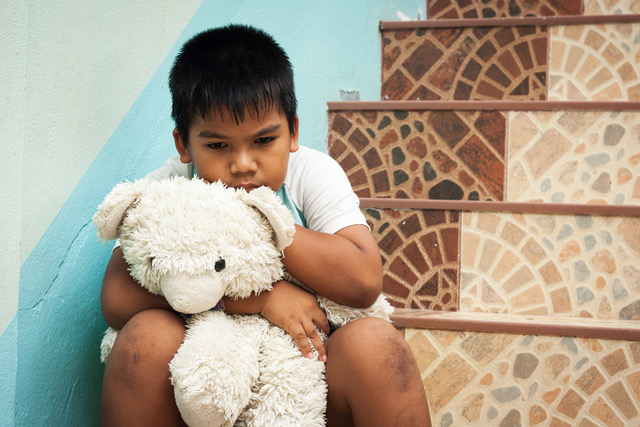Trauma has been become a worldwide crisis that is having a profound effect on young people’s behavior, attention, and academic performance. Trauma was a huge issue before the pandemic, and now it is an even more prevalent issue impacting so many children and teenagers throughout the world. If you take into consideration the violence, school shootings, and the lack of mental health services for young people, you can understand why we have a major mental health crisis in the world.
Many children and teenagers who have experienced trauma are dealing with traumatic stress or Post Traumatic Stress Disorder ( PTSD) and have not been diagnosed and aren’t receiving the proper therapy and support to heal the trauma. To make matters worse, the majority of doctors and pediatricians aren’t trained in recognizing the symptoms of developmental trauma and often prescribe medication to address anxiety, attention, or hyperactivity issues without referring them for a consultation with a trauma trained therapist.
Young people are reprimanded and even punished for behavior that is related to coping with the uncomfortable bodily sensations and emotions resulting from trauma or PTSD.
It is so important that parents become trauma informed by learning about trauma and PTSD. This mini-course will support parents and caregivers in learning about trauma and techniques to support your traumatized children. The mini-course is about 15 minutes a day for 6 days, done at your own pace.
Take about 15 minutes a day for 6 days to learn about trauma and how to support your child(ren) in coping and healing from it.

